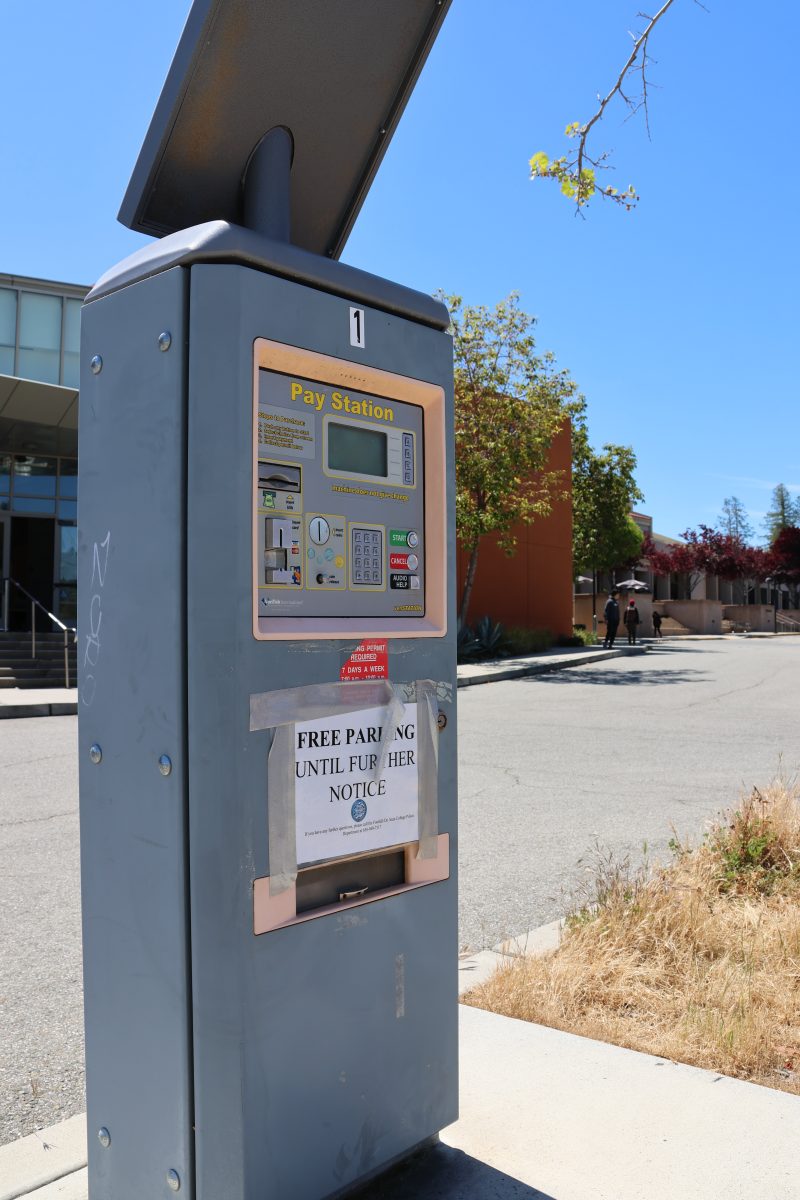Social networks have been the craze for years now. Facebook, Twitter, Flickr, Pandora, Myspace, Blogspot and YouTube have captured our attention and leave us wanting to know more about our friends, family and whoever else we browse online.
On these websites is information we post about ourselves, considering it “public” information. But have certain websites gone too far with our information? Should there be a law?
There is a website called Spokeo.com that has recently become a sizzling hot topic. For those who have never heard of it, the website describes itself as “… a search engine specialized in aggregating and organizing vast quantities of people-related information from a large variety of public sources.”
Try it and search your name. The information can be your full name, age, relatives, e-mail address, home address (with street view photo), phone number, income level, home value, photos you’ve posted on your Facebook or the web, videos, hobbies, lifestyle and social profiles.
“Spokeo aggregates data from hundreds of online and offline sources, including but not limited to: phone directories, social networks, marketing surveys, mailing lists, government censuses, real estate listings, and business websites,” Spokeo reports.
Is this a good thing, or a bad thing? Indeed, it saves people from having to go look in their parents’ phonebooks for information on a person they need to contact. According to Spokeo, the website is able to “… present a great way to monitor one’s own virtual identity as well.”
However, the line drawn between public and private can be clouded depending on each person.
Spokeo does announce that its collection of information is already public. This, in turn, begs the question as to why people feel they need to remove themselves from the website.
Some common misconceptions about the website are that it contains personal and financial information such as one’s social security number or credit scores. Spokeo does not aggregate private information, nor does it generate any information on its own. It simply gathers published information from a variety of sources on and off the Internet.
In an ABC7 KGO report, Matt Keller said, “Spokeo doesn’t notify people that you’re looking at their online content.”
That is a reasonable observation; since the web is entirely too big to be tracked. Would you want to be notified every time someone searched your name on Google?
Isra Ahmad, a De Anza College health science major, said in opposition, “[Spokeo’s] not a good idea. People watching us … without us knowing.”
Safa Dada, psychology major, wasn’t too jazzed about it either. Dada said, “I never heard of this website before, it’s crazy! It’s a problem; everyone can see my info without me knowing.”
However, not everyone agrees it’s such a bad idea. John Neesbye, undecided major, thought that Spokeo, and other information aggregating websites, were fine because they use information already available to the public. However, when told what information the website contains, Neesbye said, “More private info – the state already has that. But now it’s available to everyone, and done without consent. It’s kinda shady.”
Kind of shady indeed, John. Although the information is already considered “public,” what one posts on one’s profile is for friends only, hence the “private profile” option. Spokeo doesn’t ask one’s permission for the information, because if it’s online, it’s fair game.
Another conflict that has been recognized by the website itself is the possible inaccuracy of the information given. No human is involved in aggregating the data, leaving it unverified.
Spokeo says on its blog, “… many sources do not refresh their data frequently. Consequently, Spokeo’s data might not be completely up-to-date.”
Spokeo could cause threats to the individuals on the website. It could be a personal guidebook for ill-intentioned people such as stalkers and pedophiles. Anyone who wants to know something about you can easily look you up.
Additionally, unlike Google, which does provide a street view photo of homes if you type in the address, Spokeo gives that information right off the bat.
Be careful what you put on the Internet, because information given to the virtual world is not private. If you’d like to remove yourself from Spokeo.com, just search your name or any of your personal information) on their website to find your personal page. Be thorough: search all categories, such as e-mail, phone number and address. Then go to the “Privacy” button on the bottom and click it to remove yourself.








